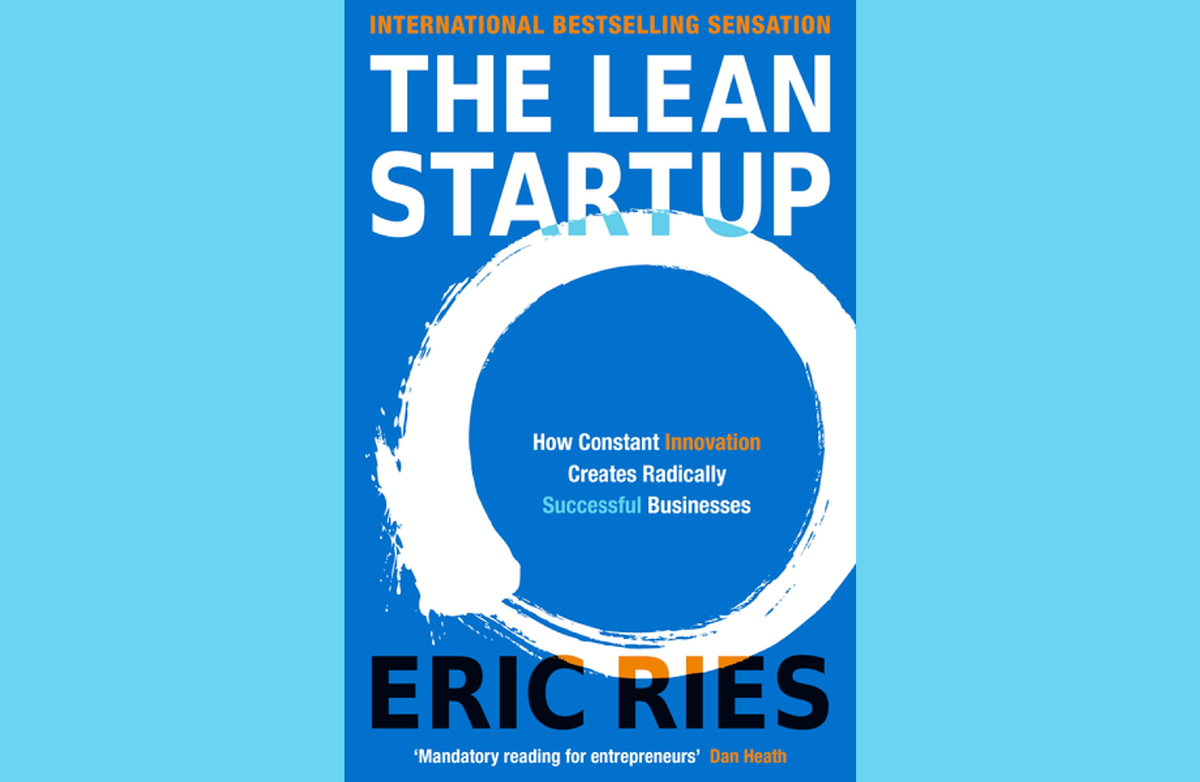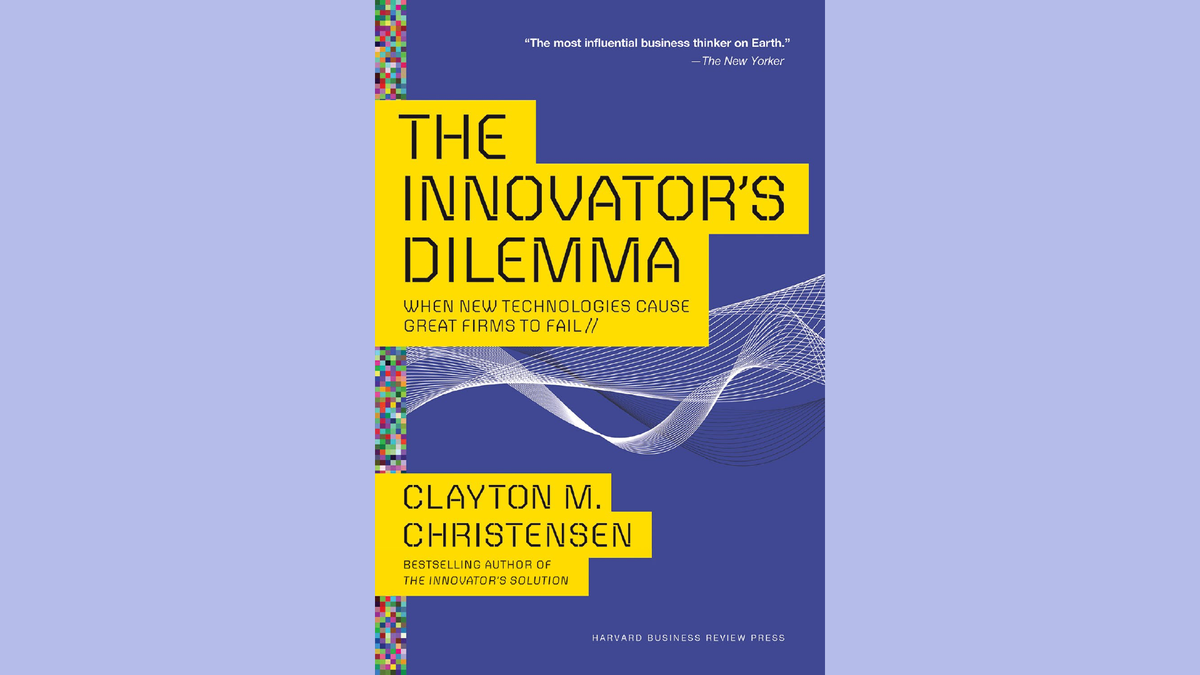7 Worrying Reasons 23andme Is In Massive Trouble
Explore key lessons from 23andMe's struggles in the genetic testing market. Learn from their challenges and other industry leaders to navigate product diversification, regulatory agility, customer trust, and innovation in this insightful blog post for entrepreneurs.

The genetic testing industry, once a burgeoning market of innovation and promise, has become a battlefield where only the most resilient can thrive. Among its combatants, 23andMe emerged as a pioneer, translating the complex science of DNA into consumer-friendly products. However, recent years have seen the company grappling with numerous challenges, shedding light on the harsh realities of the genetic testing market. For entrepreneurs eyeing this space, 23andMe's journey, alongside other notable examples, offers invaluable lessons on navigating the volatile terrain of biotech startups.
Recognize the Limitations of a One-Time Purchase Model
One of the most striking hurdles 23andMe faced was the intrinsic one-time purchase nature of DNA testing. Similar challenges were encountered by Ancestry.com, which pivoted towards a subscription-based model offering access to historical records and family tree tools to ensure continuous engagement. Diversification is key. Look beyond the initial product offering to services or products that encourage continuous engagement.
Marc Andreessen, a luminary in venture capital, succinctly captured the essence of market fit: "Product/market fit means being in a good market with a product that can satisfy that market." This quote underscores the need for continuous innovation and adaptation to meet market demands.
The Importance of Diversifying Revenue Streams
23andMe's struggle to attract subscribers to its subscription services highlights a critical mistake: underestimating the challenge of product diversification. On the other hand, Myriad Genetics successfully diversified by offering a range of diagnostic and prognostic tests catering to various aspects of patient health. For entrepreneurs, this underscores the necessity of building a flexible business model to pivot and adapt.
Peter Drucker, often called the father of modern management, advised, "The business enterprise has two – and only two – basic functions: marketing and innovation. Marketing and innovation produce results; all the rest are costs." This insight is particularly relevant when considering the need to continuously diversify revenue streams and innovate.

Navigate Regulatory Waters with Agility
The regulatory landscape for genetic testing is fraught with complexities. 23andMe's journey is a testament to the importance of regulatory agility. Illumina faced similar hurdles but managed to navigate these with strategic partnerships and by focusing on high-throughput sequencing technologies, ensuring compliance while pushing the boundaries of innovation.
Address Privacy Concerns Head-On
In an era where data privacy concerns are at an all-time high, 23andMe's experiences remind us of the importance of building trust with your customer base. Genome. I made strides by ensuring high data protection standards and allowing customers to control how their data is used, setting a benchmark for privacy in the industry.
Warren Buffett, one of the most successful investors of all time, emphasized trust in business with his remark, "It takes 20 years to build a reputation and five minutes to ruin it. If you think about that, you'll do things differently." This quote is a powerful reminder of the value of customer trust, especially in fields as sensitive as genetic testing.

Adapt to Market Saturation and Competition
The genetic testing market has become increasingly competitive, with numerous players vying for a share. Color Genomics differentiated itself by focusing on actionable health insights, such as genetic predispositions to certain diseases, and by offering genetic counseling as part of its service, illustrating the importance of unique value propositions in a crowded market.
Leverage Data Ethically and Innovatively
Possessing a vast database of genetic information, 23andMe's challenge to monetize this asset while respecting privacy concerns is a lesson in the ethical use of data. Invitae has navigated this by partnering with pharmaceutical companies for research while ensuring data privacy and exploring innovative yet ethical ways to leverage genetic data.
Steve Jobs, co-founder of Apple, once said, "Innovation distinguishes between a leader and a follower." This perspective is crucial for startups in the genetic testing market, pushing them to find innovative, ethical ways to use genetic data that respect privacy while providing value.
Economic Resilience is Crucial
Finally, economic downturns can severely impact discretionary spending on services like genetic testing. Helix built an economically resilient business model by expanding into the wellness space, offering DNA-powered personalized products, such as supplements, showcasing the importance of versatility in product offerings.
Conclusion
23andMe's challenges in the genetic testing market are not just cautionary tales but also beacons for aspiring entrepreneurs. Alongside the strategies employed by Ancestry.com, Myriad Genetics, Illumina, Genome.me, Color Genomics, and Invitae. These lessons illustrate the complexities of transforming cutting-edge science into sustainable business ventures. Embrace flexibility, prioritize customer trust, navigate regulatory challenges adeptly, and consistently seek to innovate responsibly.
The path to success is fraught with challenges, but with strategic foresight and resilience, your venture can thrive in adversity. The tales of 23andMe and its peers in the genetic testing market are not mere stories of struggle; they are testaments to the power of innovation, adaptability, and the relentless pursuit of product-market fit. As you chart your course in the biotech industry or any other field ripe with potential, let these insights guide your strategy. Embrace the lessons of flexibility, prioritize the trust of your customers, adeptly navigate the maze of regulatory challenges, and never cease to innovate with responsibility and ethical consideration at the forefront.
Remember, setbacks are not endpoints in the entrepreneurship journey but waypoints to greater understanding and eventual success. Armed with the knowledge from those who have navigated similar paths, you are better equipped to sidestep pitfalls and propel your venture to new heights. Let today's challenges inspire tomorrow's breakthroughs, and may your entrepreneurial endeavors lead to meaningful and lasting impact.
Suggested Reading for Aspiring Entrepreneurs in Biotech and Beyond
- "The Lean Startup" by Eric Ries - A must-read for entrepreneurs, this book introduces the Lean Startup methodology, emphasizing the importance of agile development, rapid prototyping, and validated learning. It's particularly relevant for navigating the fast-paced, uncertain environment of the biotech industry.
- "Biotechnology Entrepreneurship: Starting, Managing, and Leading Biotech Companies" by Craig Shimasaki - This comprehensive guide covers launching a biotech venture, from inception to management and leadership. It offers valuable insights into the unique challenges of the biotech sector, including regulatory navigation, product development, and funding strategies.
- "The Innovator's Dilemma: When New Technologies Cause Great Firms to Fail" by Clayton M. Christensen - Christensen's exploration of how successful companies can do everything "right" and still lose their market leadership – or even fail – as new, unexpected competitors rise and take over the market. It offers crucial lessons on innovation, adaptability, and the importance of disruptive technologies in biotech.
These books provide foundational knowledge, strategic insights, and practical advice for navigating the complexities of entrepreneurship in the biotech sector and beyond, offering valuable perspectives for anyone looking to make an impact in genetic testing and healthcare innovation.


